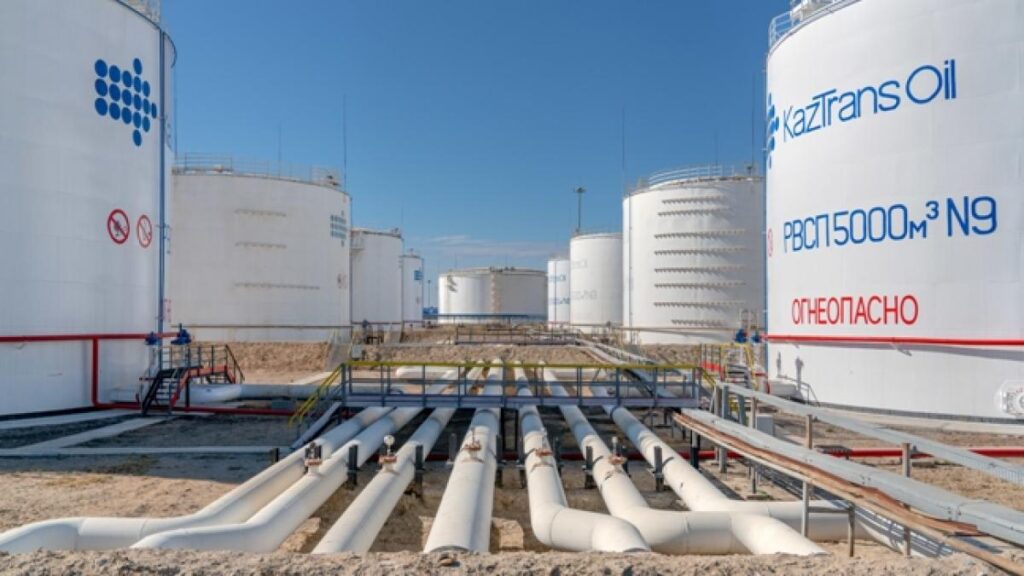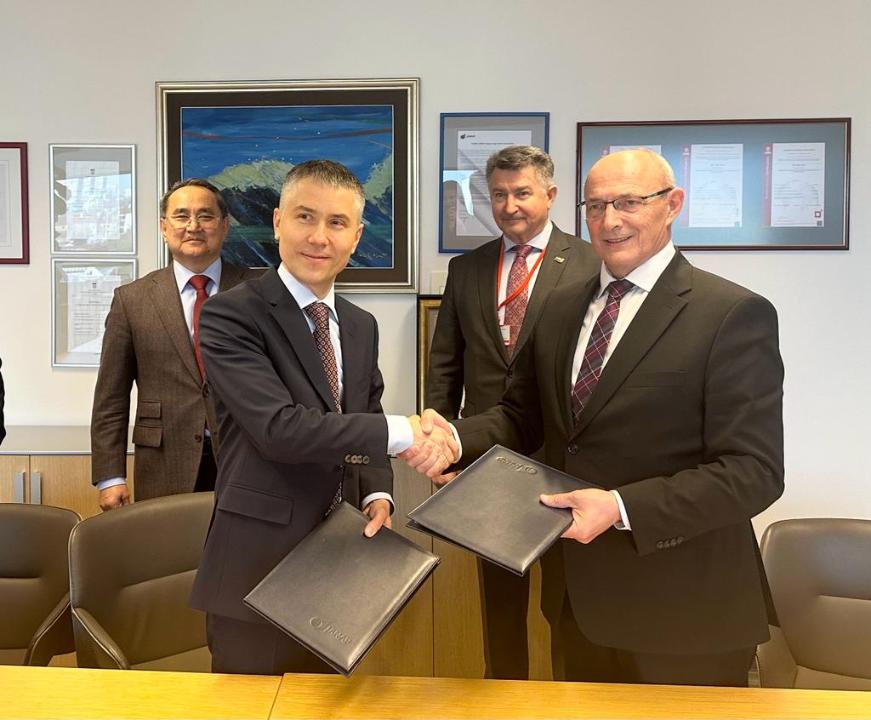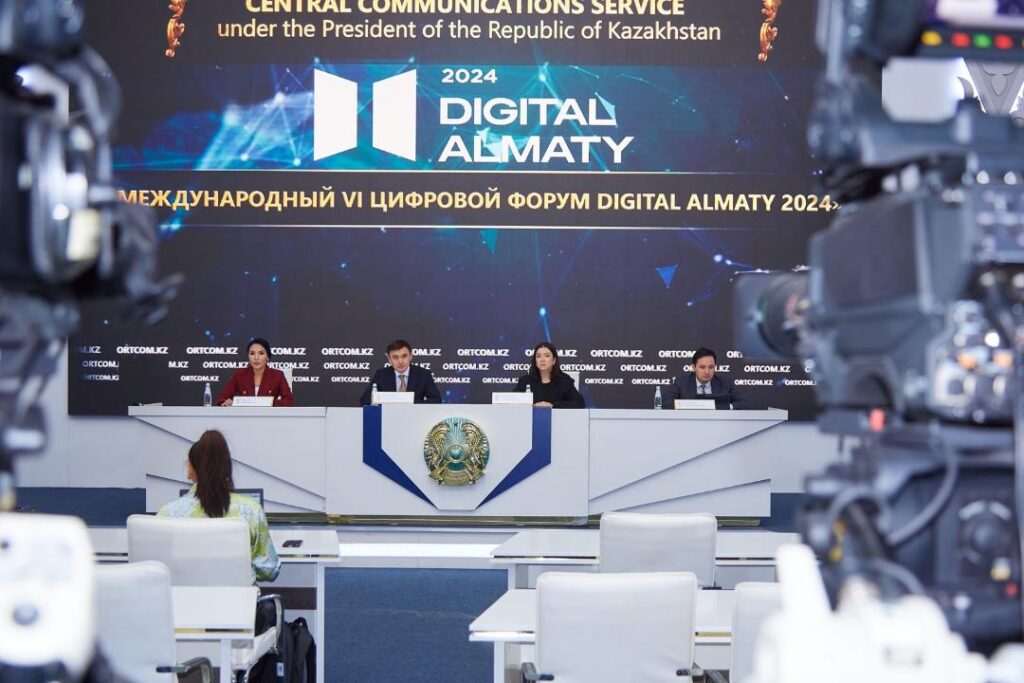Kazakhstan Freezes Transit Cost of Russian Oil To China
KazTransOil JSC, Kazakhstan’s national oil pipeline operator, on January 26th said it will freeze the cost of transiting Russian oil to China until 2034. Until December 31st 2033 the cost of transporting Russian oil to China through the territory of Kazakhstan will amount to $15 per ton (excluding VAT), the company said. KazTransOil also said it has extended until December 31st 2033 its contract with Russia’s Rosneft oil company for the transportation of Russian oil through Kazakhstan to China. From 2014-2023, KazTransOil transported 91 million tons of Russian oil to China along the Atasu–Alashankou oil pipeline, which is part of the Kazakhstan-China main oil pipeline system and belongs to Kazakhstan-China Pipeline LLP, a joint venture of KazTransOil JSC (50%) and China National Oil and Gas Exploration and Development Company Ltd (50%). The design capacity of the Atasu–Alashankou pipeline is 20 million tons of oil per year. Russia has been seeking to increase its oil exports to China after western sanctions were imposed on its exports over its invasion of Ukraine.






